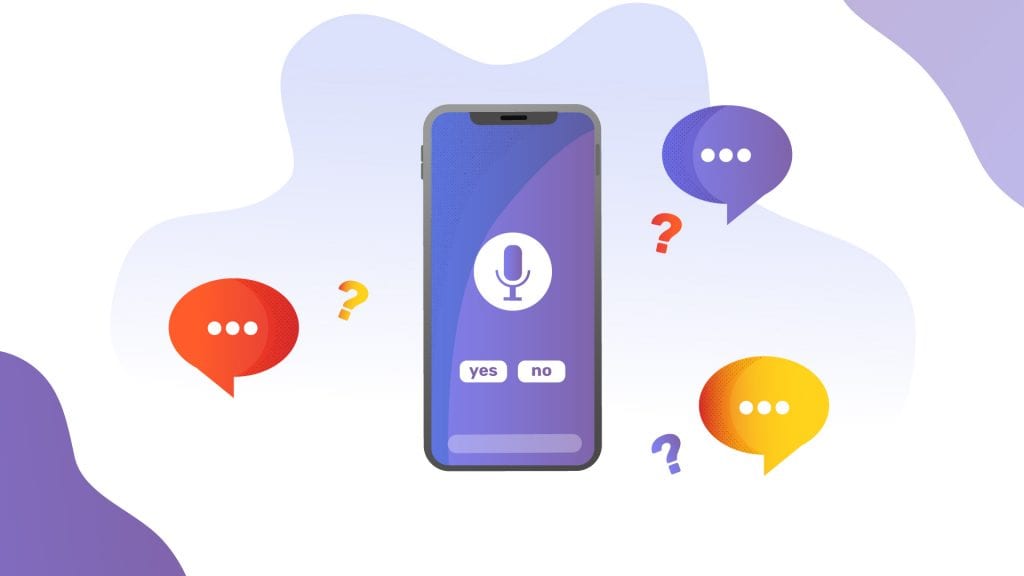How to End an Interview – Questions to Ask & Tips for Ending
Learn how to end an interview professionally. Get expert tips and closing questions to leave a great final impression with Rev's guide.

They say there is nothing more nerve-wracking than the all important interview. Yes, public speaking is up there. Along with going to the dentist. But as many will tell you, sitting down and conducting an interview – regardless of the reasons for it – can be very scary and difficult to navigate without a steady plan and solid approach.
So, whether you’re at a job interview, writing an article or shooting a documentary, let’s take a look at one of the most overlooked parts of the interview process: the ending.
1. End Where You Started
Like any good movie or story, at the end of an interview you want to find a way back to where you started. It’s helpful as a way to bring things home, so to speak. But it’s also a pragmatic way to make sure everything has been addressed and that the interview has ended up where it needed to be.
Plus, for many, the beginnings of interviews are often the most awkward and unfocused as it takes some time for people to warm up and talk intelligently. So, once all the pleasantries are out of the way and the interview has found its own pace, it can be very helpful to readdress where you started again at the end.
A good ending question to ask (regardless of your role in the interview) can often be: “At the beginning we discussed these things, do you feel that they’ve been covered now?”
2. Restate Your Key Points
Preparing for an interview can be tricky for several reasons. The most obvious is that you can only control so much of an interview by yourself. The rest is up to someone else and you don’t always know what they will talk about. However, that doesn’t mean you can’t plan and prepare as much as possible.
A good way to prepare is to make a list of key points, questions or answers which you’d like to go over. You can always change these on the fly, but having those written out and practiced will give you solid groundwork to build on.
At the end of your interview, if you’ve been able to state your points in the interview, it can be doubly helpful to mention those points again as a way to remind the other person and make sure they’re remembered.
3. Record and Transcribe Your Interview
Whether you’re the interviewer or the interviewee, transcribing an interview after finishing is a great way to re-evaluate the key topics of the interview. It also gives you the ability to search the transcript text of your interview and quickly find important sections of the recording you’d like to revisit.
Rev offers a free call recorder for phone interviews, and a voice recorder app and online browser-based voice recorder for in-person interviews. You can quickly order a transcription through the apps once recording it complete, or you can upload your recording file.
Always remember to get full consent from the other party when you’re recording an interview. This can be done by simply asking if it’s okay to record the interview, so that you can go over the recording later.
4. Show that You Listened
They say that the best people at both interviews and conversation in general are those who are good listeners. While a great deal of what makes a good listener comes down to eye contact, facial expressions and body language, it also has to do with – you know – actually listening.
If you can, while you listen to what the other person has to say, try to take notes either by writing them down if appropriate, or in your head. At the end of the interview, do your best to bring up as many of the points mentioned as possible not just to show that you listened, but also to make sure your own understanding of what was said is accurate.
5. Clearly Define What Happens Next
For those in the business world, interviews and meetings are often defined in terms of ROI (return on investment). An interview is a means to a next step, and anything else can be considered a waste of time. You don’t want to be costing people time and money. So it’s always important to define expectations early and often – and especially at the end.
When wrapping up an interview, if the other person doesn’t take the lead on it, make sure to clearly define what happens next. Whether that’s a follow up interview, an email, or the sending over of files or whatever. Even if the interview appears to be your last contact with someone, having that defined will help you both move one.
6. Always Leave a Good Impression
Finally, when ending any interview you want to be leaving a good impression. If you give a compliment, be warm, be open and be sure to smile people will like you more – it’s science!
Sometimes just doing these little things can turn just a regular interview into something more special and meaningful to you both. And if you truly want the best results from your interviews, you absolutely want to make sure you leave it with the best impression possible.















